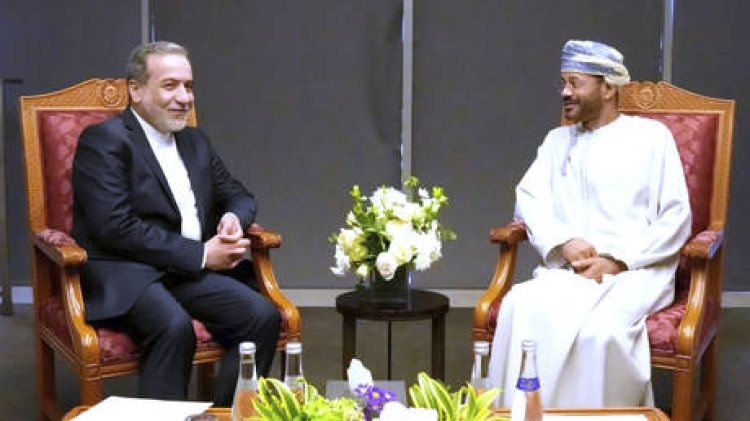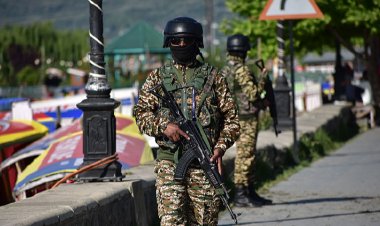Iran and the US Reveal Outcomes of Nuclear Discussions
High-stakes negotiations in Oman between Iran and the United States were described by both parties as “constructive,” with reports indicating an agreement to reconvene for “real talks” in the near future. On Saturday, the historic diplomatic...

On Saturday, the historic diplomatic engagement took place in Muscat, the capital of Oman, focused on Tehran’s nuclear program and the possible easing of U.S. sanctions. The discussions lasted two and a half hours and were led by Iranian Foreign Minister Seyed Abbas Araghchi and White House Special Envoy to the Middle East Steve Witkoff.
While the negotiations were conducted indirectly through mediation by Oman, Araghchi and Witkoff had a brief face-to-face interaction with Oman's Foreign Minister Badr al-Busaidi after the formal talks concluded.
Speaking to reporters in Muscat, Araghchi characterized the initial round of negotiations as “constructive” and highlighted the “calm and very respectful atmosphere.” He noted, “No inappropriate language was used, and the two sides demonstrated their commitment to advancing the talks until the achievement of a mutually favorable agreement from an equal position.”
Araghchi indicated that both parties hope to outline a general framework for a future agreement during the next round of negotiations, suggesting they are scheduled to meet again on April 19, although the location may change.
“In the next round of the talks, we will try to enter the negotiations’ agenda, which will of course have a timetable alongside it,” he said, expressing optimism that they could finalize a basis for initiating “real talks” soon.
President Donald Trump, speaking to reporters aboard Air Force One that evening, mentioned that the discussions with Tehran “are going okay.” He added, “Nothing matters until you get it done, so I don’t like talking about it. But it’s going okay. The Iran situation is going pretty good.”
Meanwhile, the White House stressed that despite Tehran's preference for indirect talks, Witkoff’s face-to-face meeting with Araghchi represented “direct communication” and a positive step toward achieving a mutually beneficial outcome.
Witkoff, a trusted adviser to President Trump and Washington’s chief negotiator with Moscow, has also been active in regional diplomacy. He was reportedly instrumental in persuading Israel to agree to a Gaza truce even before Trump assumed office.
The upcoming negotiations with Iran are anticipated for April 19. Despite the cautious optimism expressed by both sides, analysts have pointed out that substantial challenges remain. Iranian officials have publicly resisted major concessions, while President Trump is said to have imposed a two-month deadline on negotiators, cautioning of potential military action if discussions do not progress.
Max Fischer for TROIB News












